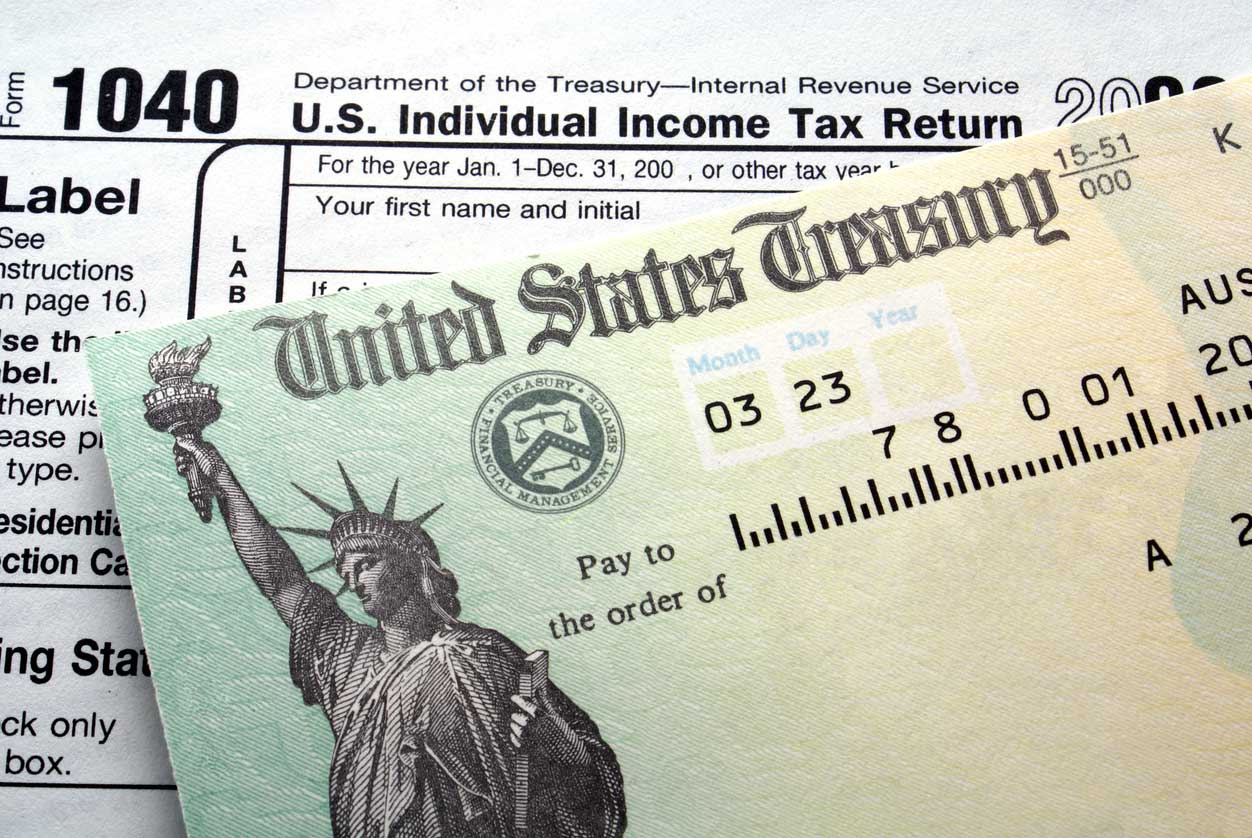 Dave Benzinger fondly remembers the day he turned 50. “I celebrated because of the significance of living a half-century,” Benzinger said. “Then reality set in.”
Dave Benzinger fondly remembers the day he turned 50. “I celebrated because of the significance of living a half-century,” Benzinger said. “Then reality set in.”
Reality came in the form of a welcome letter from the AARP.
After receiving the letter from AARP, Benzinger began to take his personal finances more seriously.
“It wasn’t about retirement planning. It was about enjoying the tax benefits of growing older.”
Seniors have several tax breaks to take advantage of that should make Pete Townsend of The Who fame reconsider his famous line of “I hope I die before I get old.”
Healthcare Expenses
More than 30% of a senior’s expenses go towards paying healthcare costs. With that in mind, the federal government allows seniors to deduct out of pocket medical expenses by using Schedule A of the United States income tax form. Seniors cannot deduct all of their healthcare costs, but they can eliminate medical expenses that exceed 7.5 percent of adjusted gross income (AGI).
Retirement Contributions
Even seniors that are retired or consider semi-retired by the federal government can make tax-deductible contributions to retirement accounts. The last thing the federal government wants to pay for is the living expense of a rapidly growing base of retirees. Retirement contribution deductions represent the best senior tax break available under United States tax law. American citizens over the age of 50 have the legal right to contribute as much as $12,000 to an IRA and deduct the 12 grand from the amount owed for income tax.
Sale of Your Home
Many seniors decide to downsize their residences by selling homes to move into apartments or condominiums. The decision to move might also involve migrating to a warmer climate. If you sell your home at a profit, you can claim up to $250,000 as a tax break for a single filer and $500,000 for a married couple that chooses to file a joint tax return.
Investment Expenses
Interest, dividends, and capital gains represent the three most frequent sources of retiree income. The federal government taxes the three primary sources of retiree income at a much lower income tax rate of 15%, with the income not taxed at all for Medicare and Social Security.
Moreover, you can deduct the following expenses related to your investments:
- Accounting
- Home computer purchases made for investment purposes
- Financial planning
- Attorney
- Safe deposit box
- Investment income collection
Charity
As we get older, we devote more of our incomes to charity donations. Seniors donate more to charities than the donations made by any other age demographic. United States income tax code permits itemized charity contribution deductions that substantially reduce the tax obligations of Americans at least 50 years old. If you donate property, you can deduct the fair market price of the property.
Don’t Forget about the Standard Deduction
When you turn 65 before the end of a tax year, you are eligible to benefit from a higher standard deduction. Turning 65 increases your maximum standard deduction by more than $1,100 for joint filers and $1,300 for single filers. In some cases, the generous standard deduction is more than the total of itemized deductions.
The tax breaks offered to seniors changes every year, as Congress and the White House grapple with challenging budget issues. To learn about how you can benefit from tax breaks after receiving your first AARP letter, contact an attorney that specializes in practicing tax law. After a free consultation, you should have a better idea on how to maximize the financial windfall of turning 50 years old.
